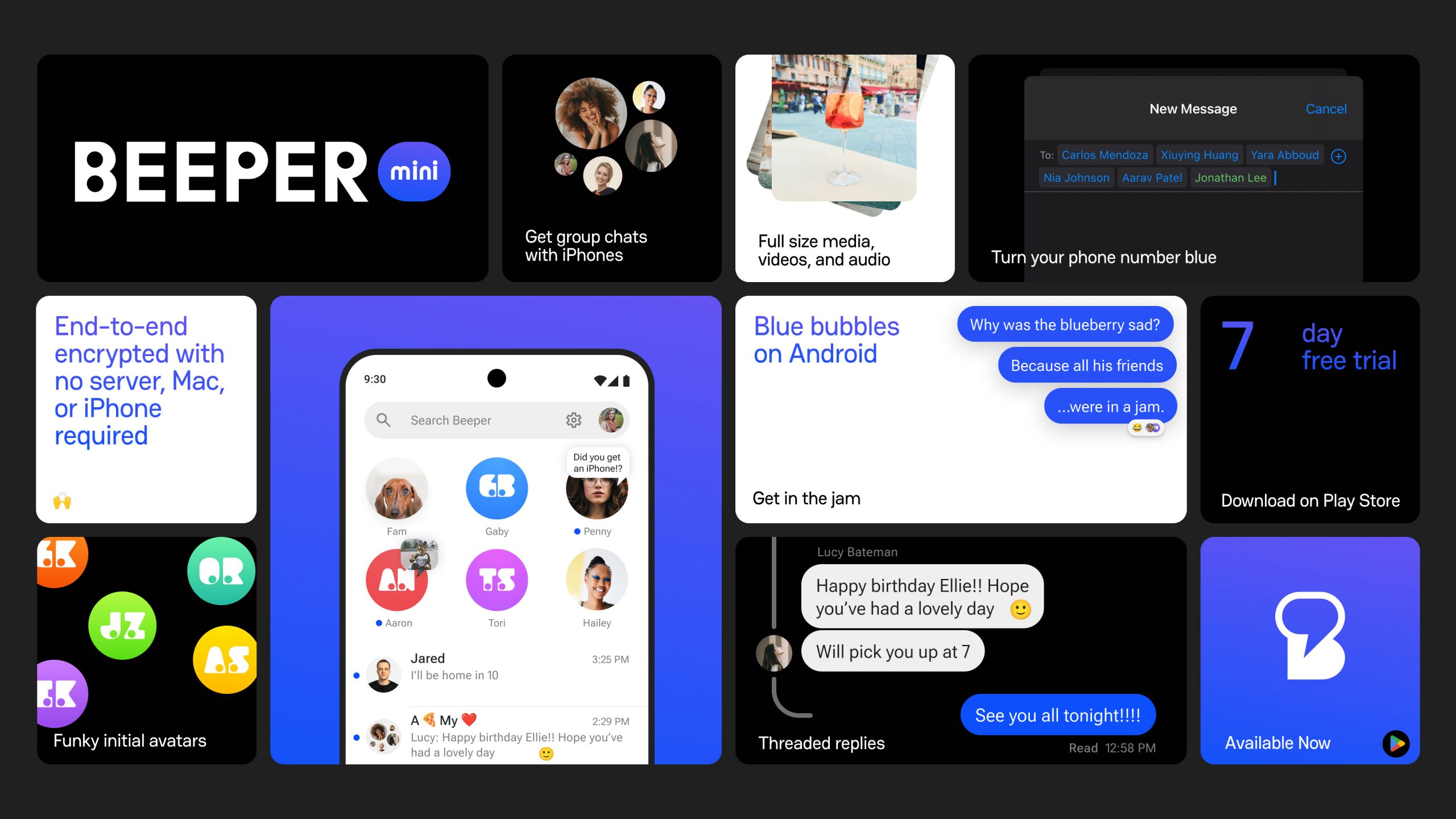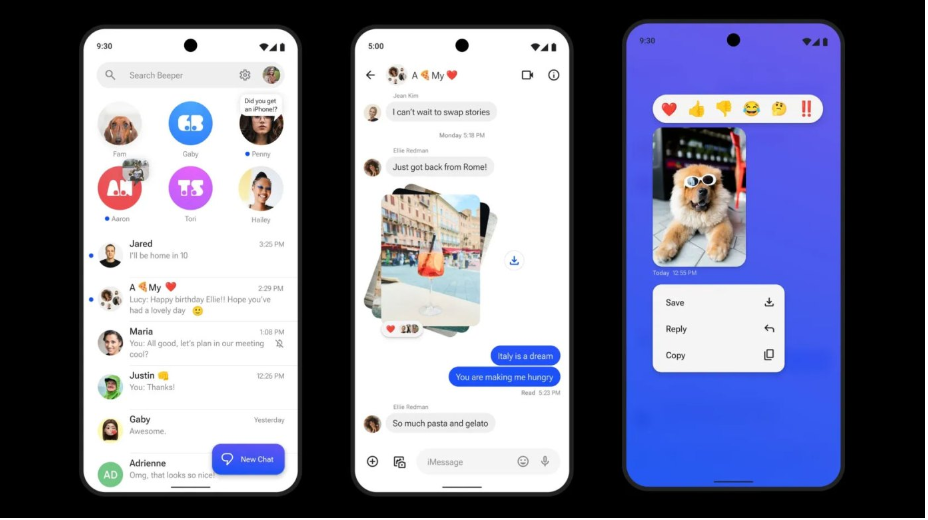
U.S. Senator Elizabeth Warren, a prominent advocate for stricter antitrust enforcement, recently took to social media to express her support for Beeper, a messaging app that allowed Android users to access Apple’s iMessage. Warren’s post questioned why Apple would restrict a competitor and raised concerns about the impact on competition in the tech industry.
The controversy began when Beeper, a startup founded by Eric Migicovsky, the creator of Pebble smartwatches, reverse-engineered the iMessage protocol. This allowed Android users to engage in blue bubble conversations with iPhone users on iMessage, breaking down the traditional platform barriers. Beeper had also been developing a broader solution called Beeper Cloud, aiming to aggregate various chat apps into a single interface.
However, Apple took swift action against Beeper, blocking its access to iMessage servers. In response, Apple cited concerns about security risks and privacy, emphasizing the potential for metadata exposure and the facilitation of unwanted messages, spam, and phishing attacks. The tech giant argued that Beeper’s techniques posed significant risks and that it had taken steps to protect users by blocking access through unauthorized means.
Senator Warren’s support for Beeper reflects broader concerns about antitrust issues within the technology industry. The Senator’s post highlighted the need for easy and secure communication between different platforms and questioned why Apple would stifle innovation by restricting a new entrant.
The move by Apple has ignited discussions about the power dynamics in the tech industry and the potential anti-competitive practices of major players. The blocking of Beeper, which sought to offer an innovative solution for cross-platform messaging, raises questions about the extent to which tech giants control access to their ecosystems.
Beeper, undeterred by Apple’s action, has been working to address the outage and continue its operations. The startup is determined to find a solution that enables Beeper Mini, the app focused on bringing iMessage to Android, to operate despite Apple’s measures. In a recent update, Beeper expressed optimism about resolving the issue and hinted at forthcoming good news.
The situation has broader implications for the ongoing debate around antitrust regulation and the dominance of major tech companies. Senator Warren’s involvement signals that policymakers are closely monitoring the actions of these companies and are prepared to intervene to ensure fair competition and innovation.
This incident also sheds light on the challenges faced by smaller players attempting to disrupt established ecosystems. While Beeper aimed to provide a seamless messaging experience across different platforms, its efforts were met with resistance from Apple, which controls the iMessage platform. The clash between these two entities underscores the struggles faced by innovative startups seeking to challenge the status quo in the tech industry.
As technology continues to evolve, discussions around antitrust regulations, fair competition, and consumer choice are likely to intensify. The Beeper case serves as a recent example of the complex dynamics between tech giants and emerging innovators, prompting lawmakers and regulators to examine whether the current regulatory frameworks are sufficient to ensure a level playing field.
In conclusion, Senator Elizabeth Warren’s support for Beeper highlights the growing scrutiny of antitrust issues within the tech industry. The incident underscores the challenges faced by startups aiming to disrupt established ecosystems and the broader discussions around fair competition in the evolving landscape of digital communication.
